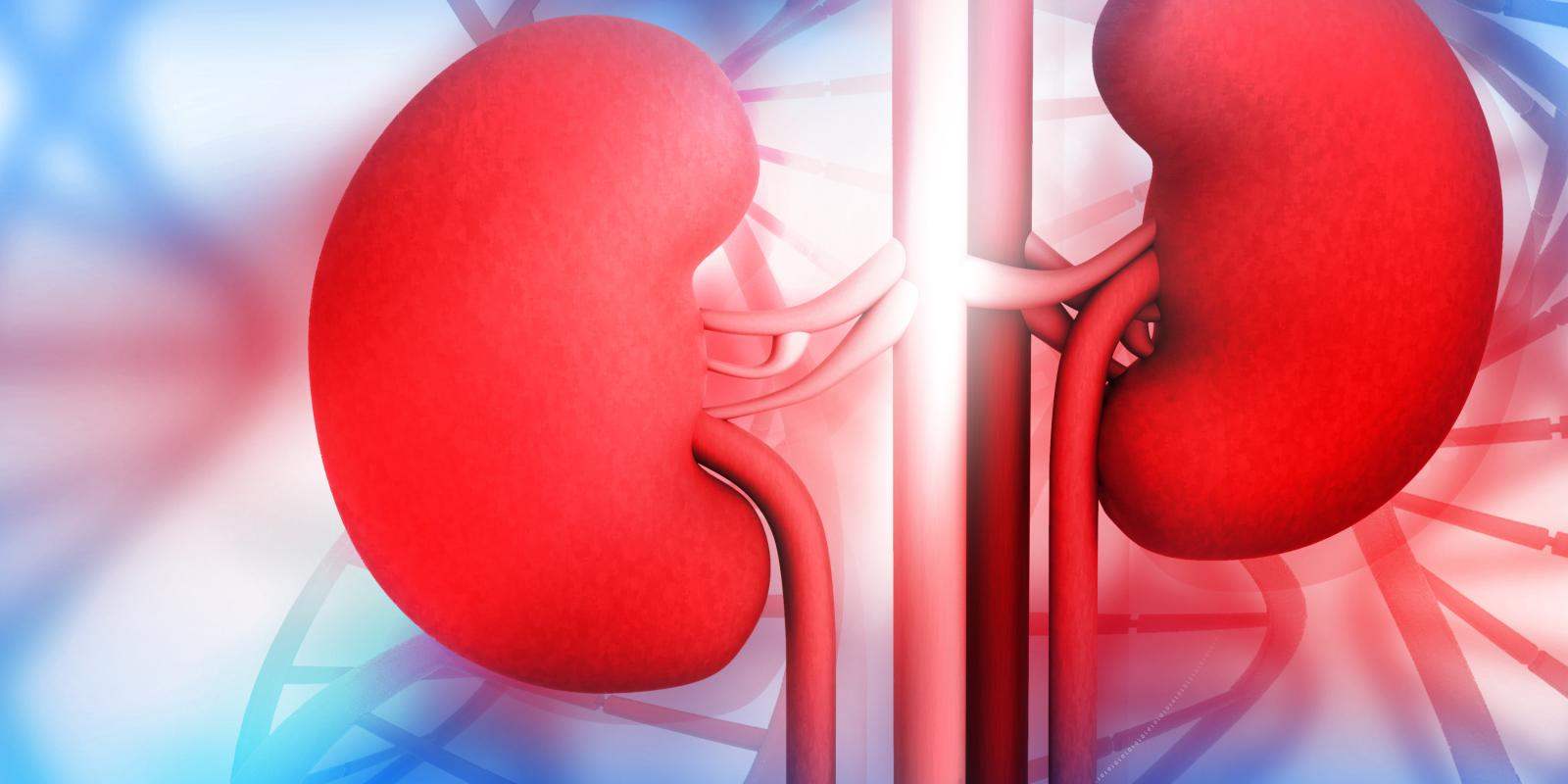Diagnosing kidney disease involves a series of tests that provide crucial insights into the functioning and health of the kidneys. These tests help healthcare professionals understand the extent of kidney damage, identify the underlying cause, and determine the most appropriate treatment plan. Among the myriad of tests available, several are particularly important for accurate diagnosis and management.
Urinalysis
One of the initial tests performed is urinalysis, which examines a urine sample for various substances such as protein, blood cells, and waste products. Presence of protein in urine (proteinuria) is often an early sign of kidney damage, indicating that the kidneys’ filtering units, called nephrons, are compromised.
Serum Creatinine Test
Creatinine is a waste product produced by muscle metabolism and is normally filtered out by the kidneys. A blood test to measure serum creatinine levels helps estimate the glomerular filtration rate (GFR), which indicates how well the kidneys are filtering waste from the blood. Elevated levels of serum creatinine suggest decreased kidney function.
Blood Urea Nitrogen (BUN) Test
BUN is another waste product that the kidneys filter out of the blood. Elevated BUN levels can indicate impaired kidney function or other conditions affecting blood flow to the kidneys.
Glomerular Filtration Rate (GFR) Estimation
GFR estimation is a calculation based on serum creatinine levels, age, sex, and other factors. It provides a more accurate assessment of kidney function than creatinine levels alone.
Imaging Tests
Imaging studies such as ultrasound, CT scans, or MRI scans may be used to visualize the kidneys and surrounding structures. These tests can help identify structural abnormalities, tumors, kidney stones, or signs of obstruction.
Kidney Biopsy
In some cases, a kidney biopsy may be necessary to obtain a tissue sample for microscopic examination. This procedure helps determine the cause of kidney disease and assess the extent of damage, guiding treatment decisions.
Electrolyte Levels
Kidney disease can disrupt the body’s balance of electrolytes such as sodium, potassium, and calcium. Blood tests to measure electrolyte levels help monitor kidney function and guide treatment with medications or dietary adjustments.
Albumin-to-Creatinine Ratio (ACR)
ACR is a urine test that measures the ratio of albumin (a protein) to creatinine in the urine. Elevated ACR levels indicate kidney damage, particularly damage to the glomeruli, the kidney’s filtering units.
Kidney Function Panel
This panel of blood tests includes various markers such as serum creatinine, BUN, electrolytes, and sometimes other substances like calcium and phosphate. It provides a comprehensive assessment of kidney function and overall health.
24-Hour Urine Collection
In some cases, healthcare providers may request a 24-hour urine collection to measure the total amount of protein, creatinine, and other substances excreted by the kidneys over a day. This test can provide valuable information about kidney function and the extent of proteinuria.
Among these diagnostic tests, the utilization of ketosteril tablets a medication used in managing chronic kidney disease (CKD), is notable. The ketosteril tablets contain essential amino acids and ketoanalogues, which help reduce the workload on the kidneys by providing essential nutrients while limiting the intake of protein. Incorporating keywords like “Ketosteril tablets” into discussions around treatment options and management strategies for kidney disease is essential for providing comprehensive information to patients and healthcare professionals.
In conclusion, diagnosing kidney disease involves a multifaceted approach that includes various tests to assess kidney function, identify underlying causes, and guide treatment decisions. These tests play a crucial role in early detection, monitoring disease progression, and implementing appropriate interventions to preserve kidney function and improve patient outcomes. Incorporating keywords like “Ketosteril tablets” into discussions around treatment options underscores the importance of comprehensive care in managing kidney disease effectively.


